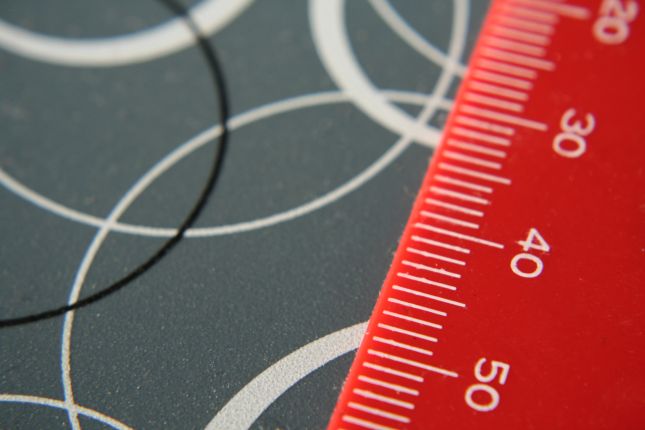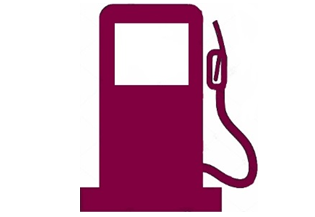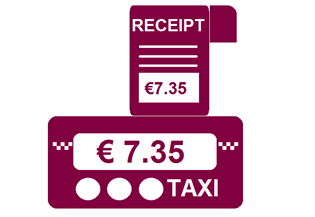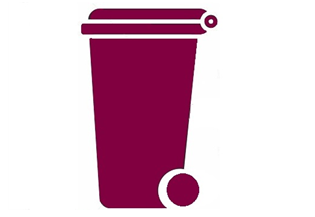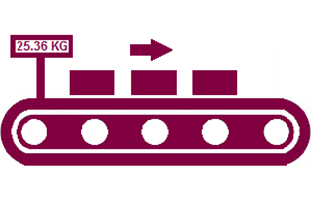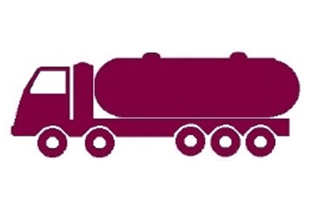- Legal Metrology >
- What is Legal Metrology? >
- We Inspect Consumer Measuring Instruments
Background
The legislation establishing Legal Metrology — the Metrology Act, 1996 — updated centuries of weights and measures law. It also provided Legal Metrology inspectors with the powers to inspect trading premises and test instruments or goods for compliance with the two Acts. The legal framework also takes account of European legislation on measuring instruments and units of measurement.
Enforcement Sanctions
Where breaches of the Acts are committed, the following sanctions are available:
- Verbal warnings to comply by a certain date
- Warning notices in the form of written instructions to comply by a certain date
- The taking out of use of measuring instruments
- The seizure of pre-packed goods or measuring instruments
Inspection Types
Measuring instruments and measuring processes are used in many sales transactions. However, the value of goods and services traded can vary widely, depending upon unit costs, volume of trade, etc. This in turn means that inaccurate measurements have different impacts across different trading environments. Our current risk based enforcement strategy focuses on those areas which are potentially the most detrimental to consumers and society.
Our approach to enforcement is to promote voluntary compliance where possible. Should this approach be unsuccessful, we take further action. This may ultimately include prosecution to ensure that the protections and aims of the Metrology Act, 1996 and the Packaged Goods (Quantity Control) Act, 1980 are met.
Our inspection types are detailed below:
| NON AUTOMATIC WEIGHING INSTRUMENTS 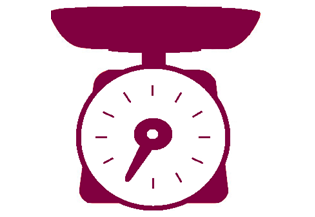 |
||
|
Capacity Serving Measures (Such as a drinking glass, jug or thimble measure) |
